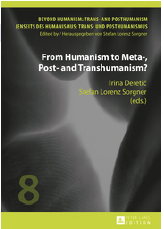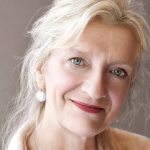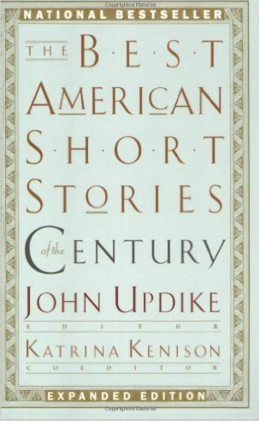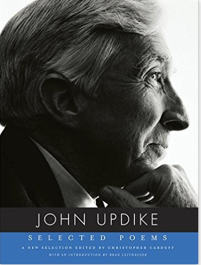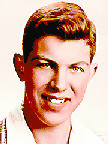 We are saddened to report the sudden death January 18, 2016 of Gerald R. “Gerry” Potts, a classmate of John Updike’s who was a four-sport athlete at Shillington High School (football, basketball, track, and baseball). He was 85.
We are saddened to report the sudden death January 18, 2016 of Gerald R. “Gerry” Potts, a classmate of John Updike’s who was a four-sport athlete at Shillington High School (football, basketball, track, and baseball). He was 85.
Potts, who graduated ahead of Updike and the Class of 1950, kept in touch with Updike later in life, especially after the Reading Eagle published a story naming him as a possible model for Harry “Rabbit” Angstrom. Updike sent him a postcard saying, no, he wasn’t, and Potts, who believed in the society’s mission, donated his Updike letters to the Updike archive at Alvernia several years ago.
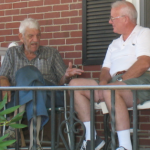 Potts retired in 1980 but has been an active community member for all of his life, serving on the Shillington Borough Council, the Shillington Zoning and Planning Commission, and the Governor Mifflin School Board, among other organizations.
Potts retired in 1980 but has been an active community member for all of his life, serving on the Shillington Borough Council, the Shillington Zoning and Planning Commission, and the Governor Mifflin School Board, among other organizations.
Here is his obituary. Potts is pictured (left) on his front porch in 2011 with Dave Silcox, Updike’s Shillington contact in whose dining room the first formative meeting of the society took place. The society offers sincere condolences to his wife, Shirley, and children Lori, Richard, and Andrew, all of Shillington.
Services will be 9:30 a.m. at the Edward J. Kuhn Funeral Home, 739 Penn Ave., West Reading. Contributions may be made to Governor Mifflin School District, ℅ Funds for Future Athletic Endeavors, Attn: Pat Tulley, Athletic Director, 10 S. Waverly St., Shillington, PA 19607.
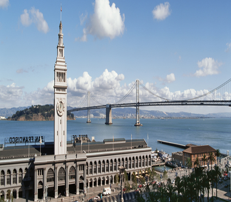 The John Updike Society has proposed to sponsor a panel on “Updike in Context” at this year’s American Literature Association Conference in San Francisco.
The John Updike Society has proposed to sponsor a panel on “Updike in Context” at this year’s American Literature Association Conference in San Francisco.
